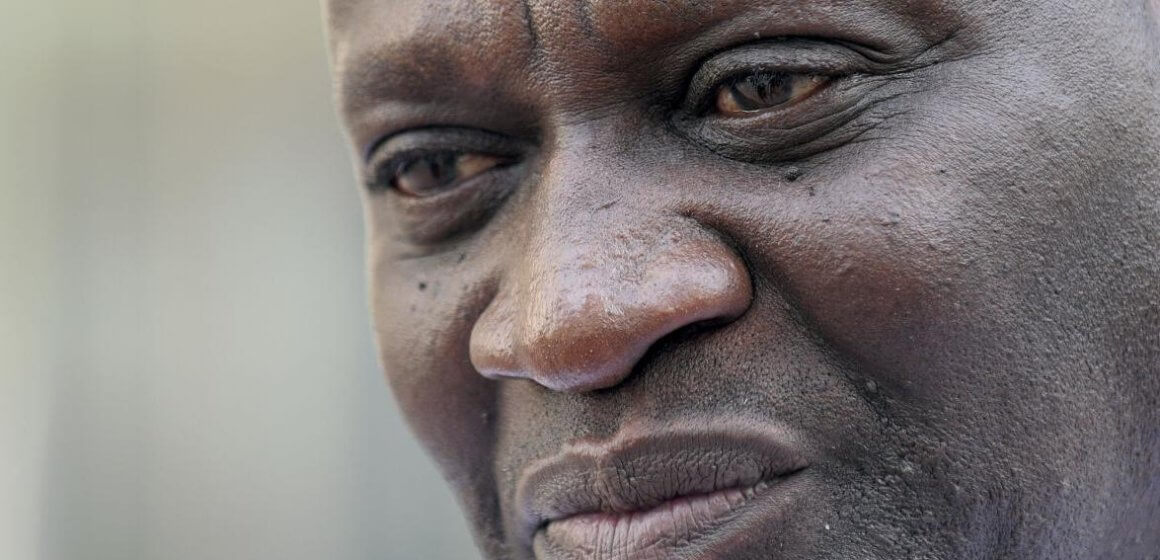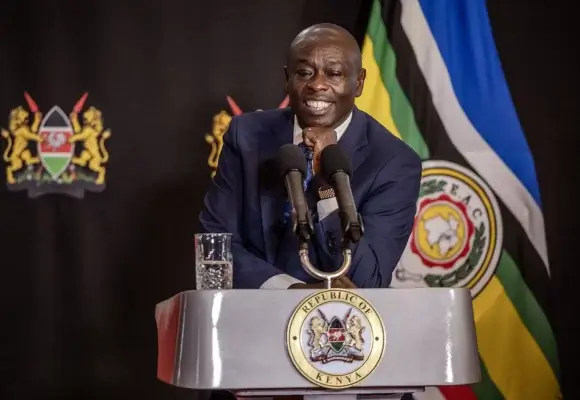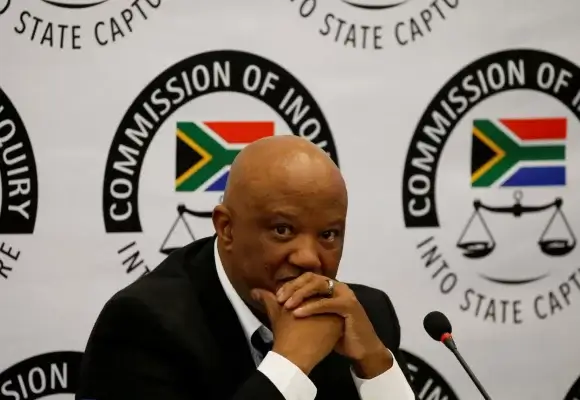|
LISTEN TO THIS THE AFRICANA VOICE ARTICLE NOW
Getting your Trinity Audio player ready...
|
Nearly twenty years after the brutal suppression of dissent under former Gambian dictator Yahya Jammeh, a U.S. court Tuesday, April 15, 2025, delivered a historic verdict: Michael Sang Correa, a former Gambian soldier, was found guilty on multiple counts of torture and conspiracy to commit torture. His conviction marks the first time a non-U.S. citizen has been held accountable in an American courtroom for acts of torture committed abroad.
The ruling, handed down by a federal jury in Denver after a week-long trial, is the latest effort in a broader international push to seek justice for crimes committed during Jammeh’s 22-year reign in The Gambia, a period marked by widespread human rights abuses, including torture, extrajudicial killings, and enforced disappearances.
Correa, now 46, was a member of the notorious paramilitary unit known as “the Junglers,” an elite force that operated as an unofficial hit squad for Jammeh, targeting individuals suspected of plotting against the regime. During the trial, witnesses described in chilling detail how Correa and other Junglers brutally tortured detainees in 2006 , most of them political opponents or perceived enemies of the state. Victims were electrocuted, suffocated with plastic bags, stabbed, and burned.
“The torture inflicted by Michael Sang Correa and his co-conspirators is abhorrent,” the U.S. Department of Justice said in a statement following the verdict.
The case was prosecuted under the U.S. extraterritorial torture statute, a rarely invoked 1994 law that permits the federal prosecution of torture committed outside the country, regardless of the victim’s or perpetrator’s nationality. The law had only been used twice before, and only against American citizens. Correa’s conviction is the first of its kind involving a foreign national.
According to federal prosecutors, Correa arrived in the U.S. in 2016, the same year Jammeh was ousted from power. He settled in Denver, Colorado, and worked as a day laborer, living quietly until he was arrested in 2019 for overstaying his visa. A deeper investigation revealed his role in state-sponsored torture back in The Gambia, and in 2020, he was formally charged.
The U.S. Justice Department emphasized the importance of accountability, no matter where crimes occur. “He tried to evade responsibility for his crimes in The Gambia by coming to the US and hiding his past,” said Matthew Galeotti, head of the Department’s Criminal Division. “But we found him, we investigated him.”
At the center of the trial were the testimonies of five victims who had been detained and tortured by the Junglers after being accused of plotting a coup against Jammeh. Among them were former insiders from the Gambian government who had fallen out of favor. They recounted horrific treatment in military facilities, describing how they were brutalized under the supervision of Correa and his unit.
“Correa and his co-conspirators beat, stabbed, burned, and electrocuted the victims,” the Justice Department revealed.
Prosecutors argued that Correa played an “integral role” in the abuse. Although his defense claimed he was a low-ranking soldier following orders, the jury was told that not all Junglers obeyed commands to torture, even within a fear-driven environment. This detail helped dismantle the defense’s claim that Correa acted under duress.
Correa now faces up to 20 years in prison for each of the five torture counts, as well as for the conspiracy charge.
Yahya Jammeh, who came to power in a 1994 military coup, ruled The Gambia until his surprise electoral defeat in 2016 by Adama Barrow. His refusal to concede sparked a brief political crisis that ended with his exile to Equatorial Guinea. Though no longer in office, Jammeh remains an influential figure in Gambian politics.
In the years following his departure, The Gambia has taken significant steps toward addressing past abuses. Between 2019 and 2021, the country held a Truth, Reconciliation and Reparations Commission (TRRC), which heard from hundreds of witnesses and documented extensive crimes committed under Jammeh’s regime. The TRRC recommended the prosecution of individuals responsible for grave abuses, both in and outside of the country.
Correa’s case is not the first attempt at international justice. In 2023, Ousman Sonko, Jammeh’s former interior minister, was sentenced to 20 years by a Swiss court for crimes against humanity.











LEAVE A COMMENT
You must be logged in to post a comment.